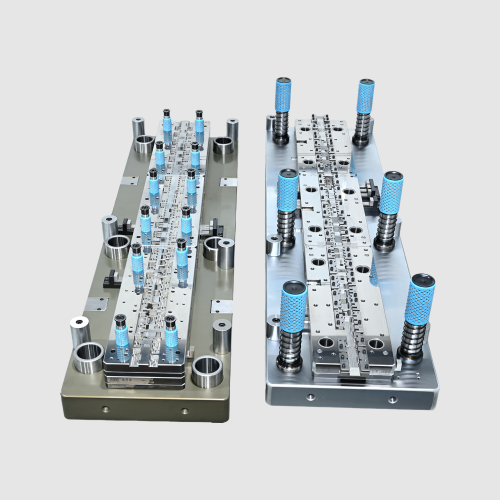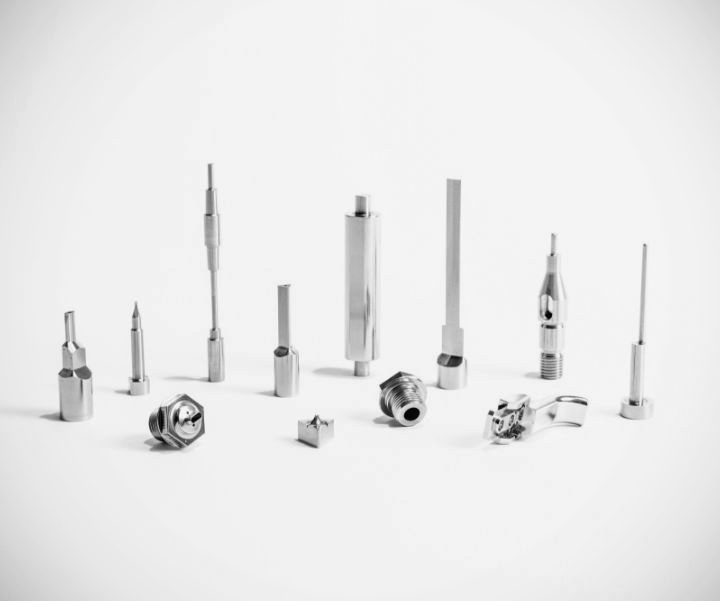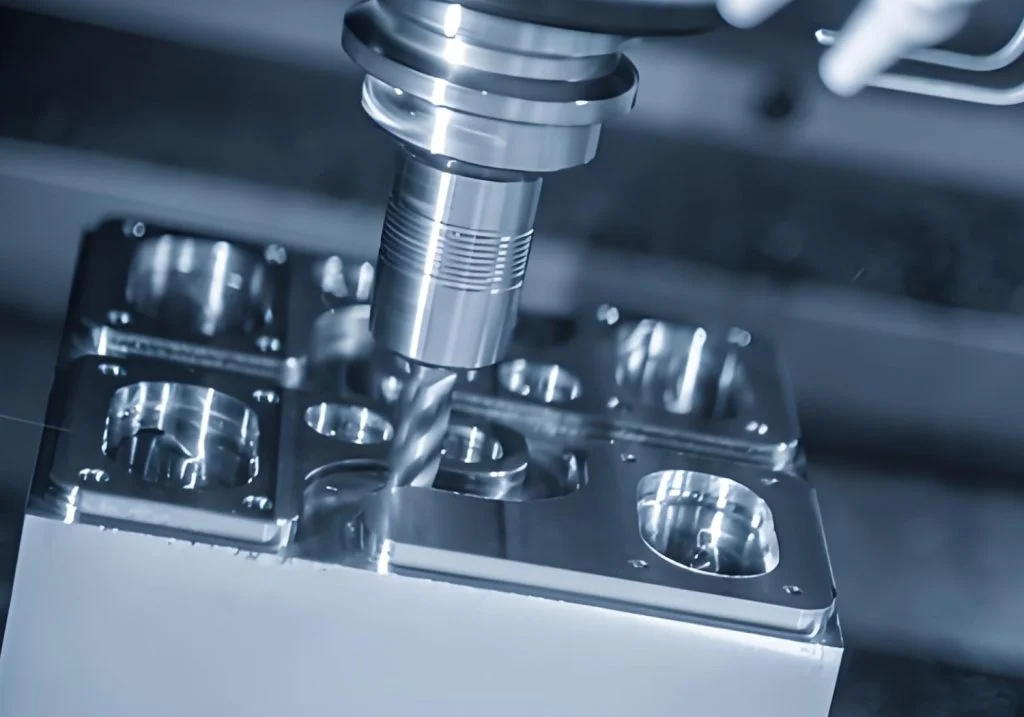Precision is crucial for custom precision parts. High-precision CNC enables manufacturers to achieve dimensional accuracy within ±0.002 mm, far exceeding the level of manual machining. From aerospace to medical devices, precision machining ensures that every component fits seamlessly. The ability to maintain precise dimensions across production batches not only improves reliability but also reduces the risk of costly assembly issues later in the process.
Consistency and Repeatability
One of the biggest strengths of CNC machining lies in repeatability. Once a part design is programmed, the machine can reproduce it identically thousands of times. This level of consistency is essential for Custom precision parts used in high-performance systems such as automotive fuel injectors or robotics joints. Computer-controlled processes eliminate human error and guarantee uniform output. According to data from the Manufacturing Technology Association, automated CNC machining reduces defect rates by up to 70% compared with traditional milling. Consistency translates directly to higher customer satisfaction and lower production waste.
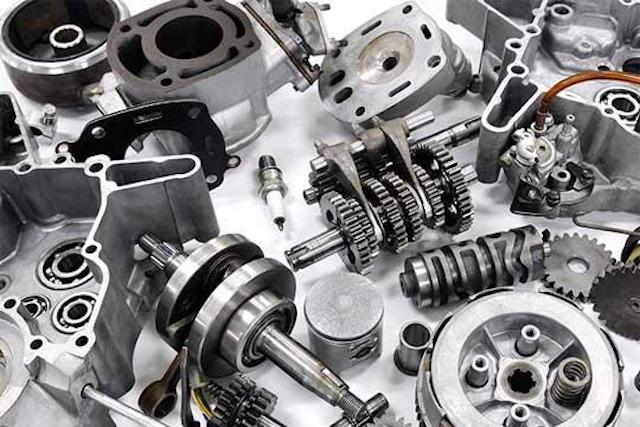
Complex Geometries Made Simple
High-precision CNC machines excel at handling intricate designs that would be impossible with manual tools. Multi-axis machining allows manufacturers to produce parts with complex contours, undercuts, and micro features in a single setup. For example, 5-axis CNC milling can create turbine blades or miniature connector housings with exceptional surface finish. These capabilities empower engineers to design more efficient products without worrying about manufacturability limits. Complex geometries are no longer a bottleneck but a competitive advantage in industries where innovation drives market success.
Superior Surface Finish and Fit
Surface quality often determines whether a component performs as expected. CNC machining achieves superior surface finishes, often below Ra 0.4 µm, which is ideal for tight-fit assemblies. Smooth surfaces improve sealing, reduce friction, and extend component lifespan. For Custom precision parts, such as mould inserts or mechanical couplings, surface finish directly impacts downstream operations like coating, welding, or bonding. By minimizing post-processing requirements, manufacturers save time and cost while maintaining the integrity of the part’s geometry.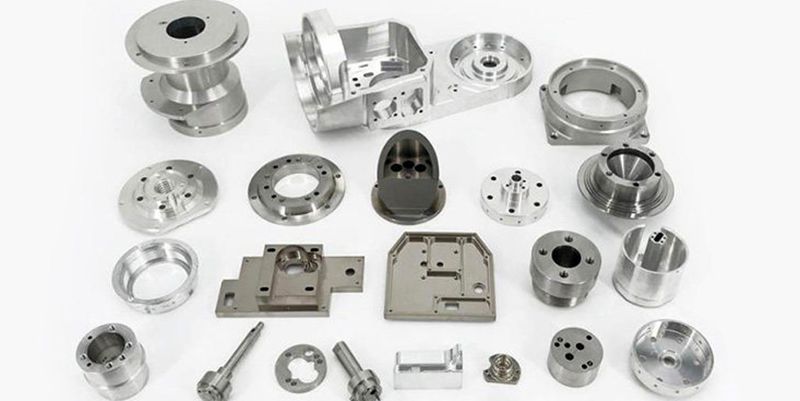
Material Flexibility and Durability
CNC machining supports a wide range of materials—from stainless steel and titanium to plastics and ceramics. This flexibility allows manufacturers to choose materials that best match the performance requirements of the part. High-precision machining ensures that even hard materials maintain their structural integrity during processing. For instance, machining titanium components for aerospace use requires controlled feed rates and cooling systems to prevent warping. With CNC technology, material-specific strategies optimize durability and enhance performance under extreme conditions.
Cost Efficiency Through Automation
Although high-precision CNC equipment represents a significant investment, automation quickly offsets the cost through higher productivity and reduced errors. Once programmed, machines can run continuously with minimal supervision, maximizing throughput. Toolpath optimization and adaptive feed controls minimize cycle times and material waste. Research from Deloitte indicates that factories implementing advanced CNC systems experience up to a 25% increase in efficiency. For businesses producing Custom precision parts, this translates into lower per-unit costs and faster delivery times—key factors in remaining competitive globally.

Quality Control and Traceability
Every stage of CNC machining can be digitally monitored and recorded. This traceability supports strict quality control standards such as ISO 9001 and AS9100. Real-time feedback from machine sensors helps detect deviations before they affect production. Coordinate Measuring Machines (CMMs) can verify part dimensions immediately after machining, ensuring compliance with customer specifications. This data-driven approach to quality builds trust between manufacturers and clients, particularly in industries like aerospace and medical, where failure is not an option.
Driving Innovation in Custom Precision Parts
High-precision CNC machining continues to push the limits of what’s possible in manufacturing. It enables the production of Custom precision parts that meet demanding performance requirements with unmatched accuracy. The combination of automation, flexibility, and digital quality control delivers parts faster, more reliably, and at lower cost. As industries evolve toward more innovative production and tighter tolerances, CNC machining remains the backbone of innovation. For manufacturers aiming to deliver excellence, mastering high-precision CNC technology is no longer optional—it’s essential.

